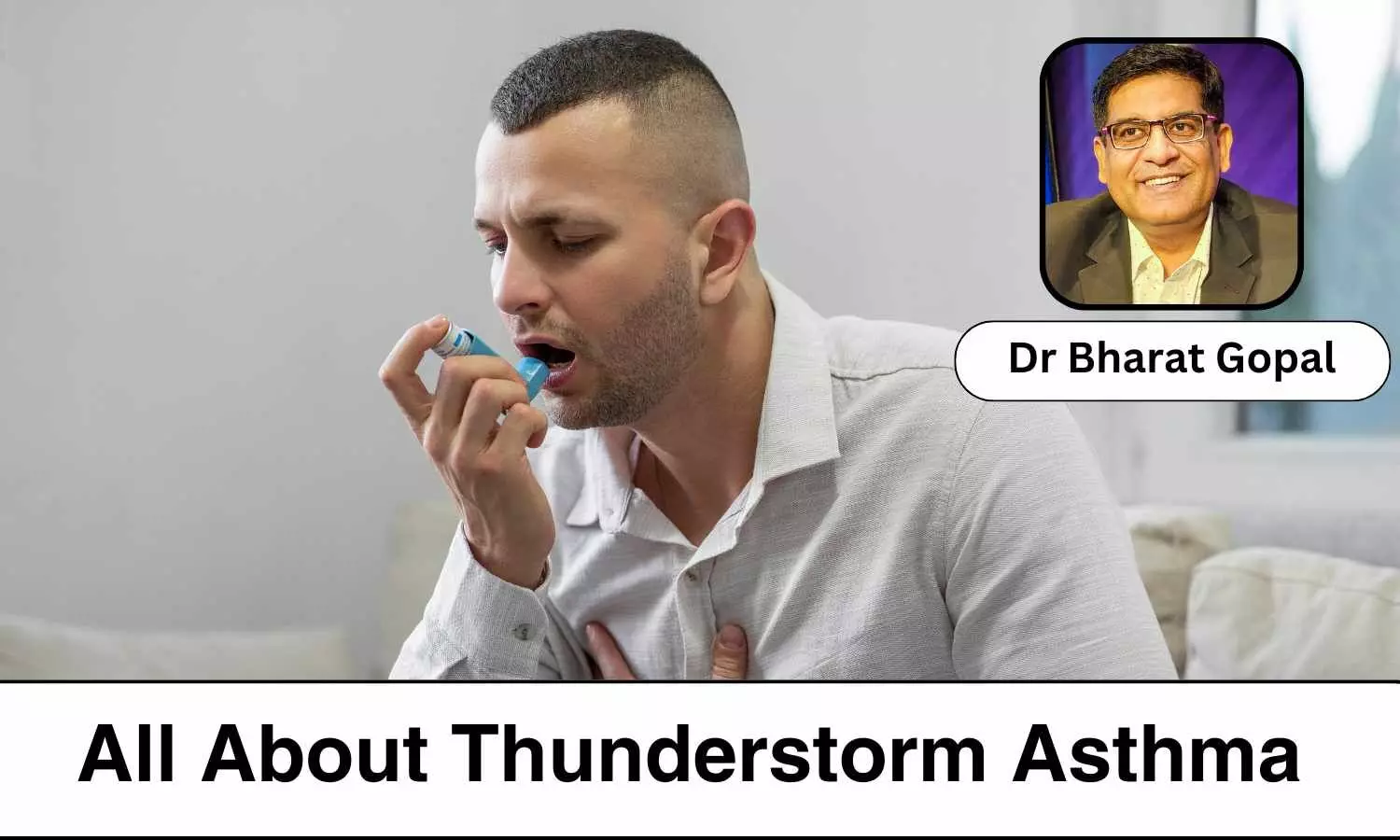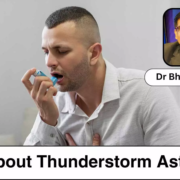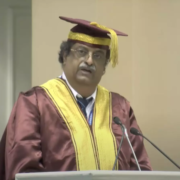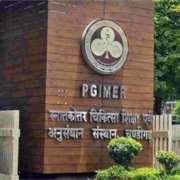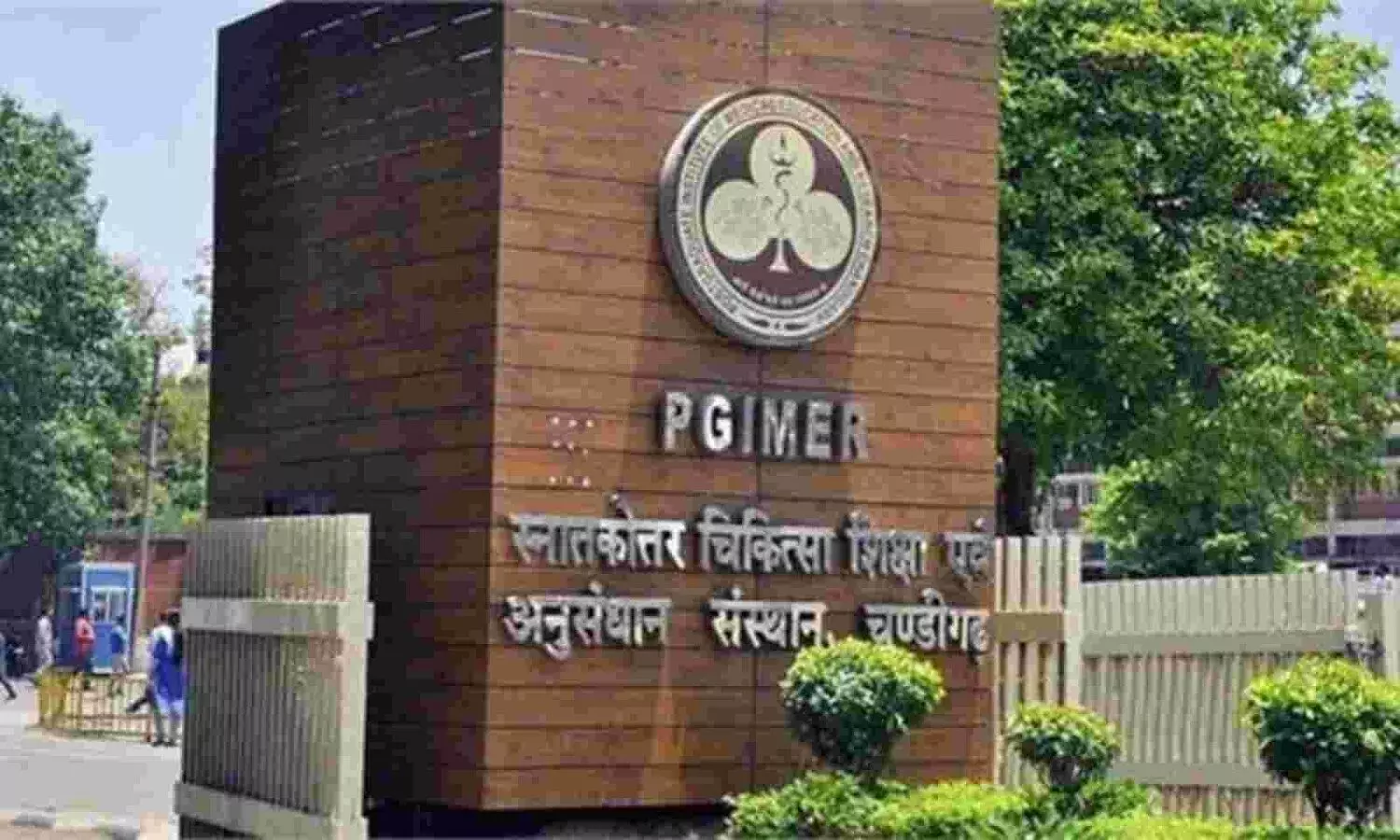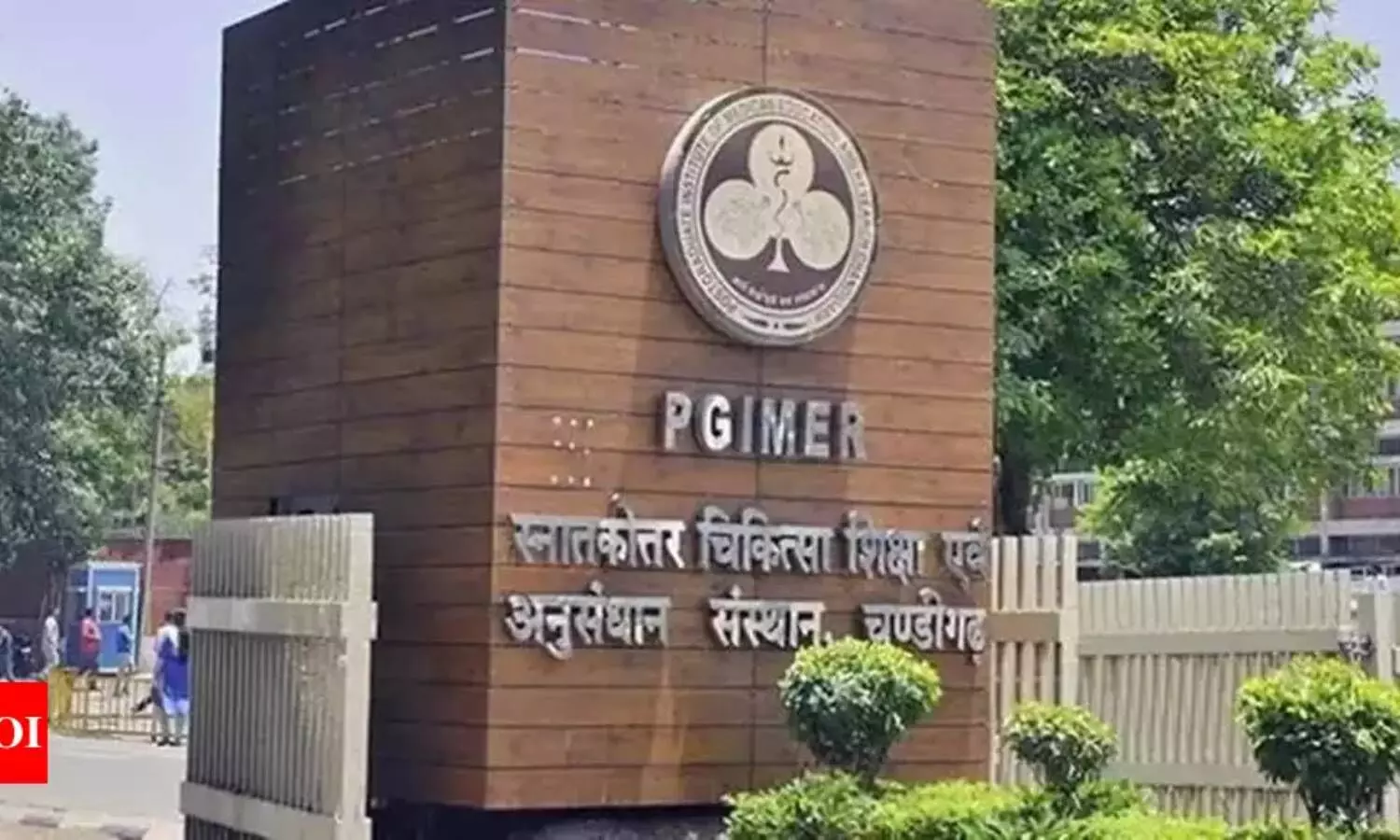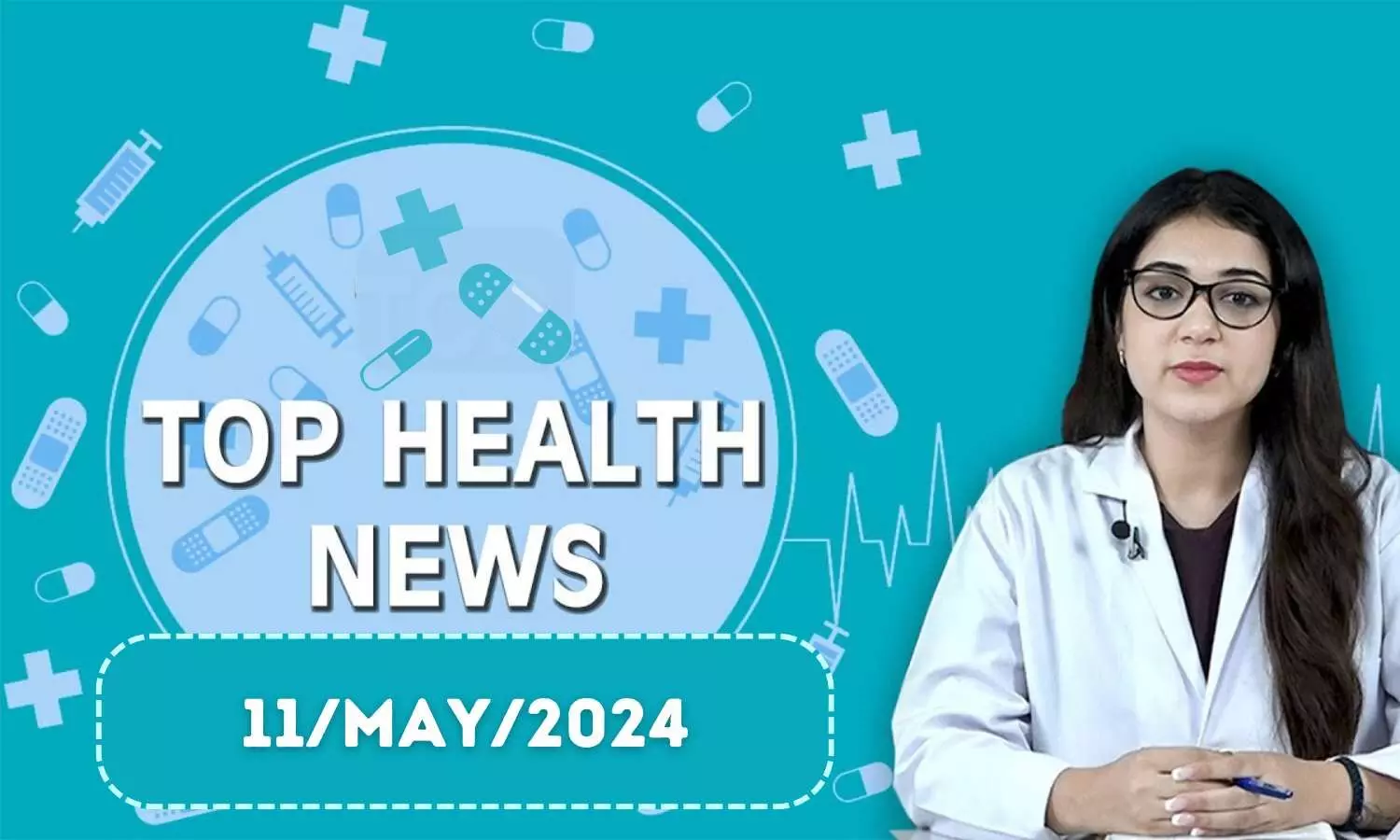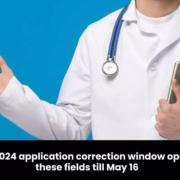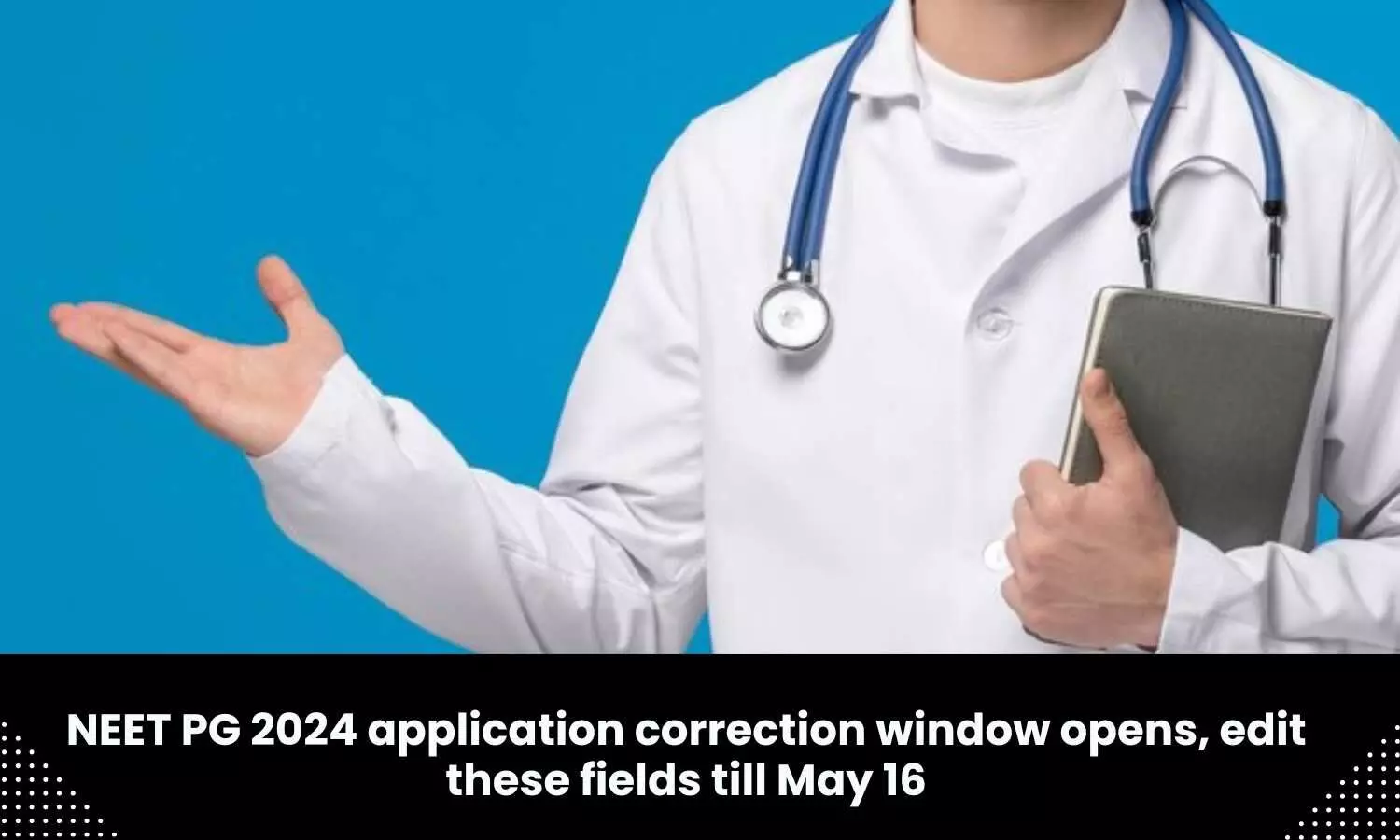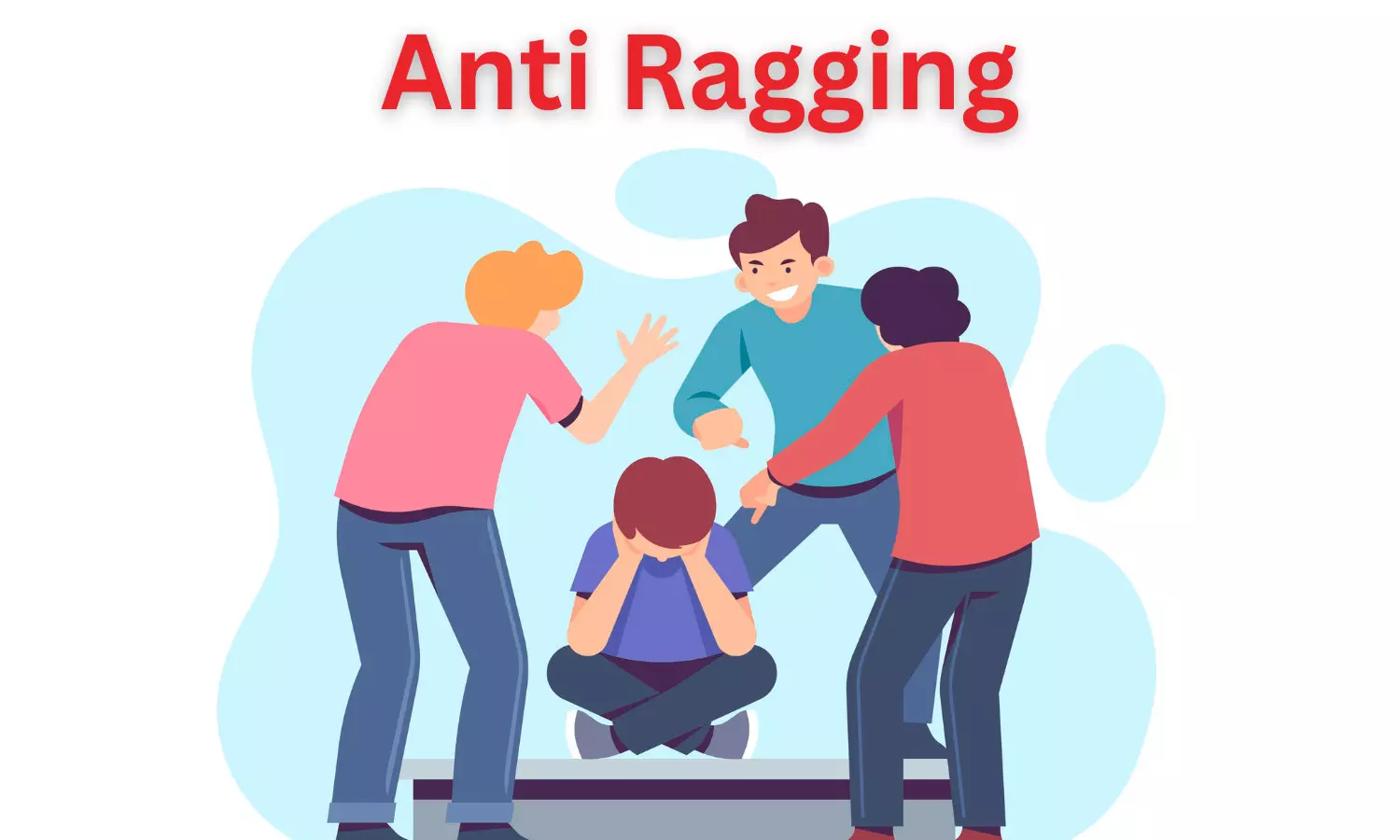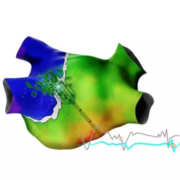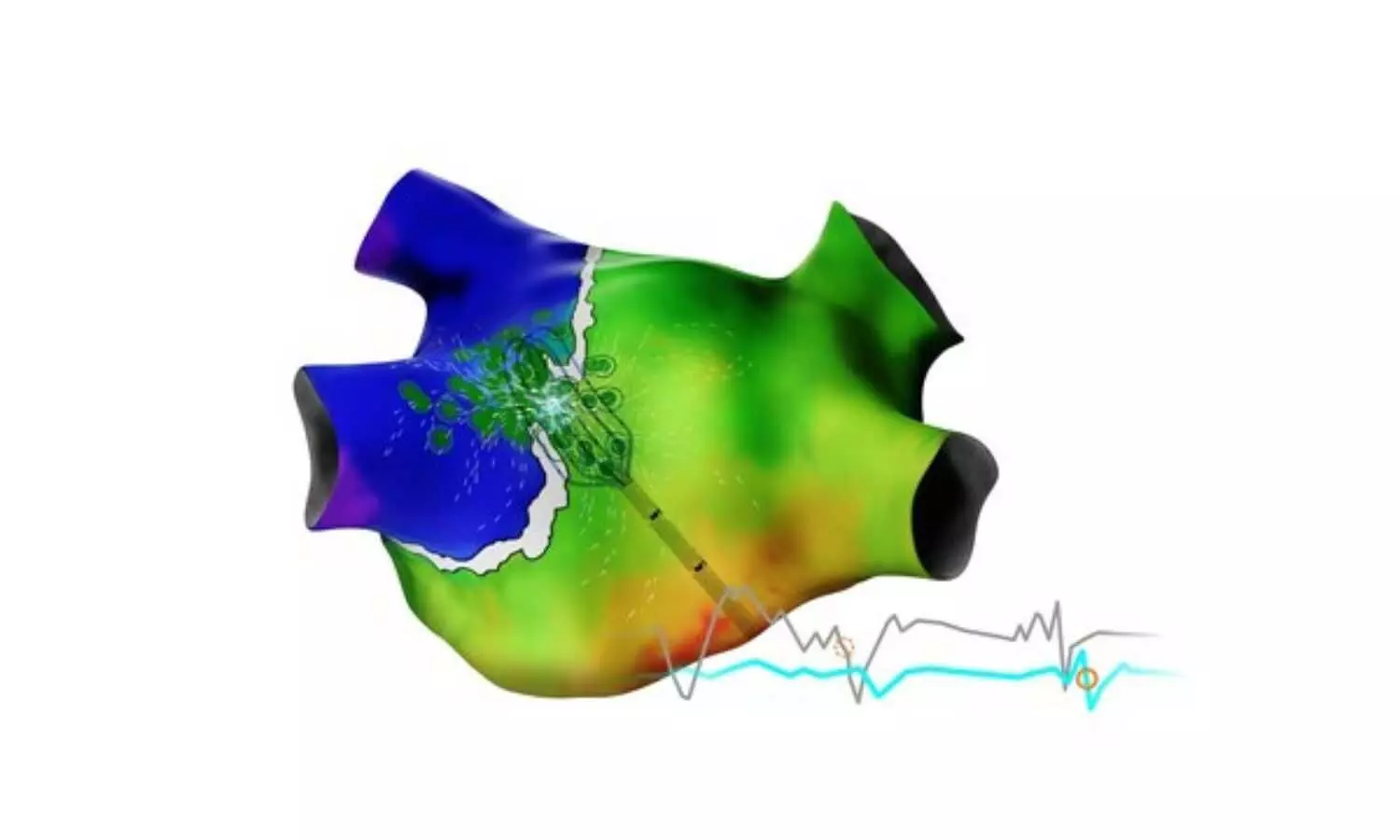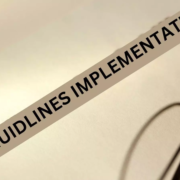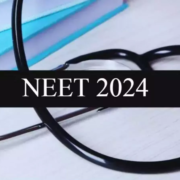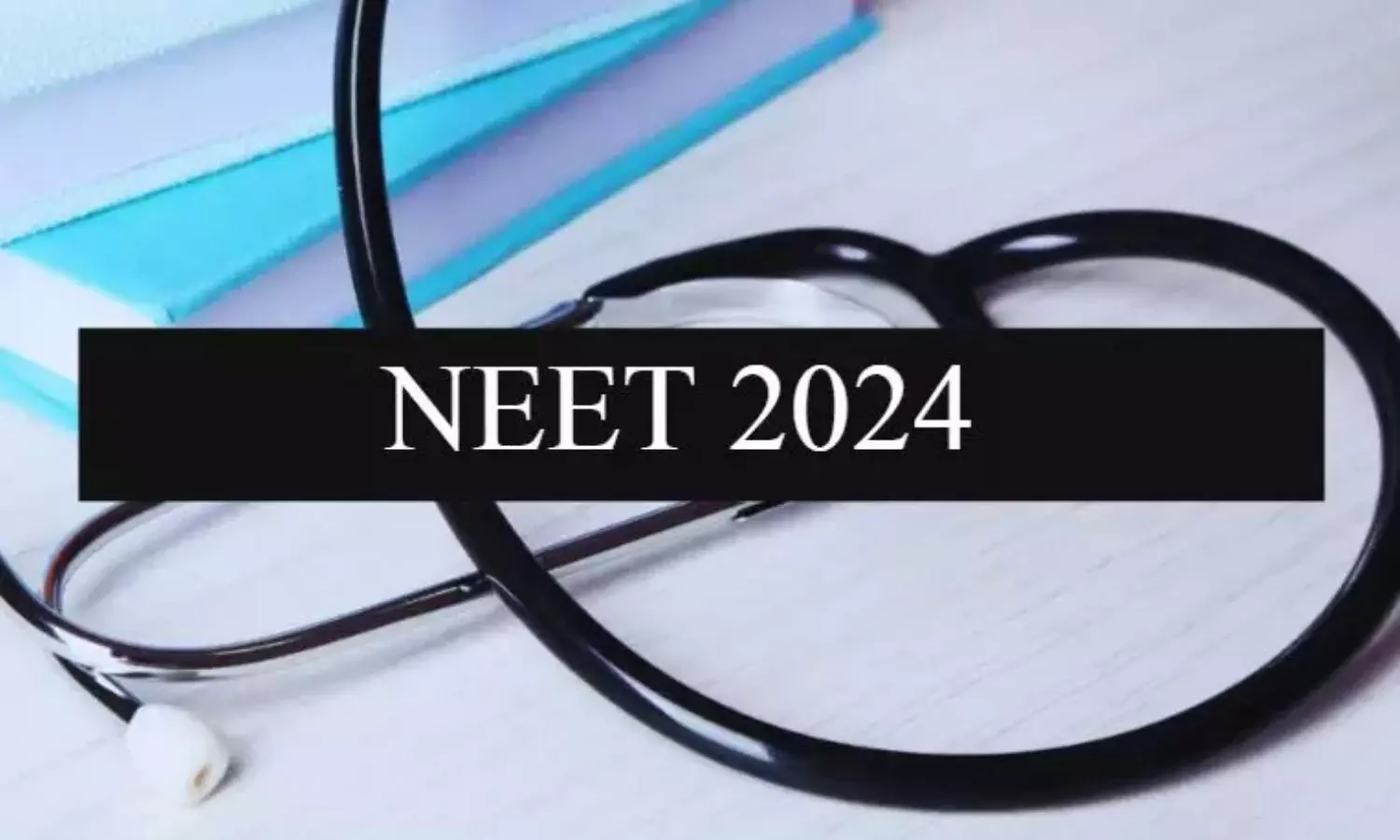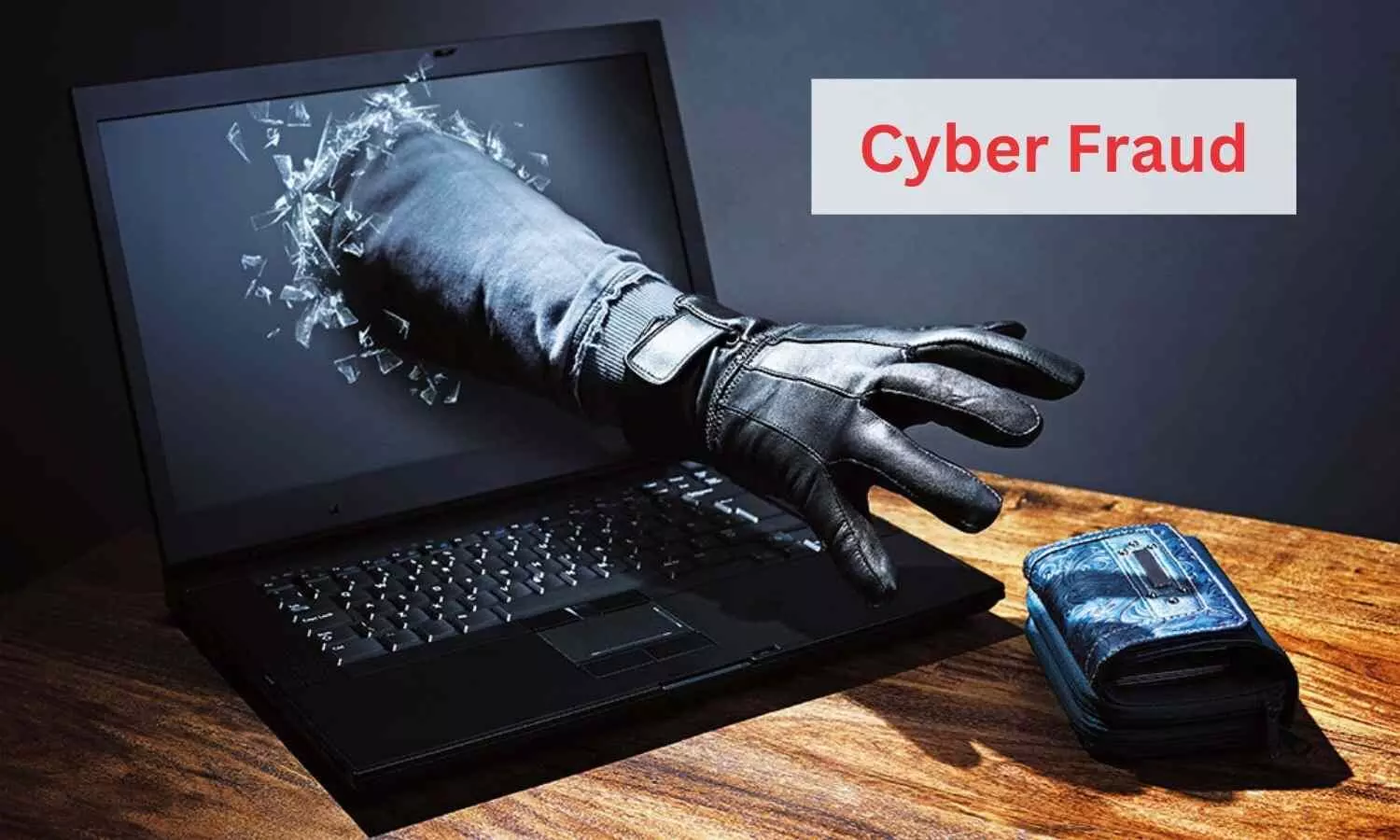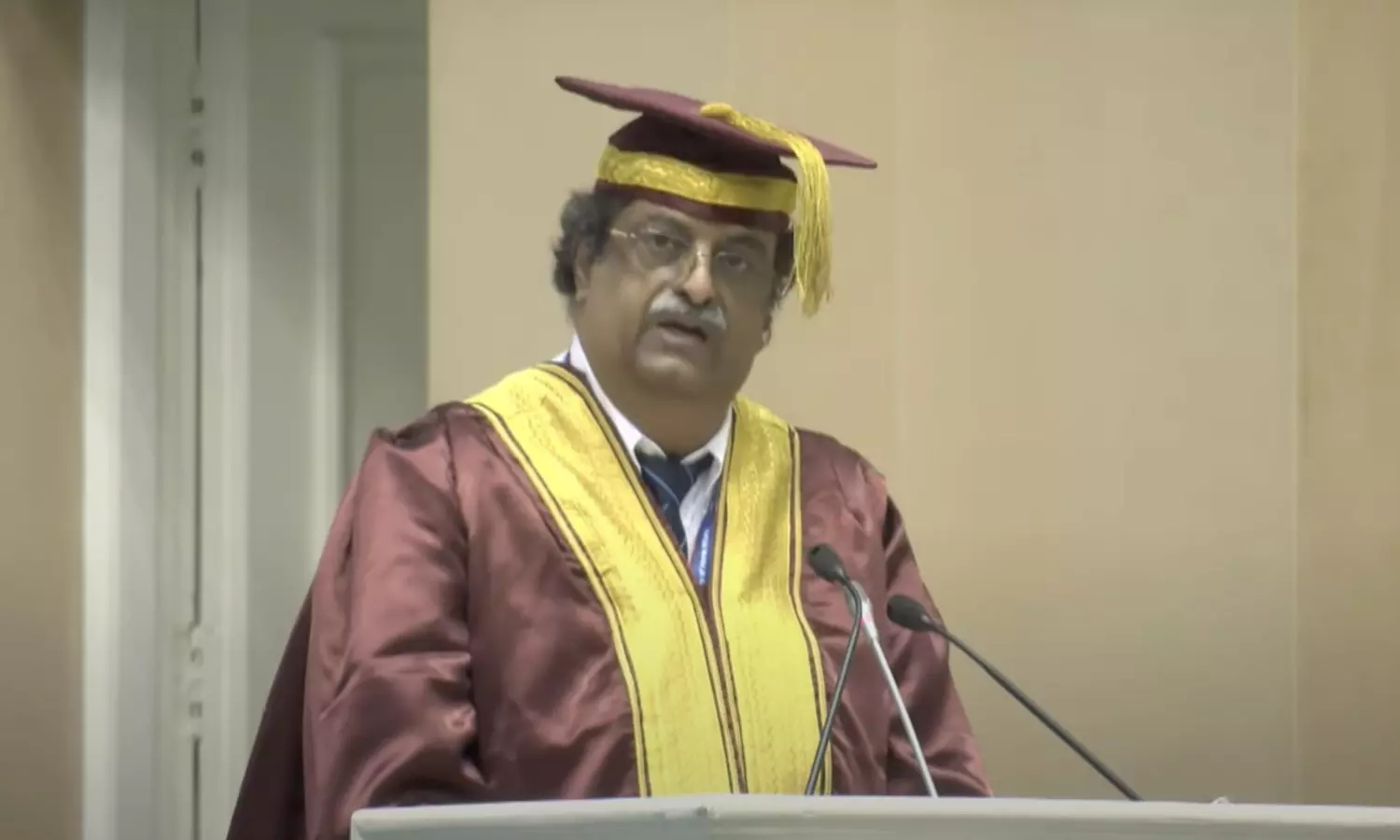
New Delhi: This year, altogether 9,500 students appeared in the Diplomate of National Board (DNB) Exit examination and among them, 4,500 students were MD/MS who also added the additional DNB degree to their credentials, informed NBEMS President Dr. Abhijath Seth, terming it to be an “interesting observation”.
“There was interesting observation that during this DNB exit examination, this year it was taken up by 9,500 students and 4,500 students were MD/MS who also took the additional degree of DNB as the credentials. And that is certainly a big compliment to the DNB examination system,” Dr. Seth said while addressing the 22nd Convocation of the National Board of Examinations in Medical Sciences (NBEMS) in New Delhi yesterday.
Dr. Seth’s comment comes only weeks after Niti Aayog member Dr. V K Paul recently stressed the importance of DNB programmes to create a speciality workforce in India and deal with the shortage.
“DNB programmes are so important for our nation’s journey to create a workforce, the speciality workforce that we all should put our weight and time behind if possible,” Dr. Paul had earlier said.
During the 22nd Convocation programme of NBEMS, Dr. Seth gave commitment to the Union Health Ministry on behalf of the NATBOARD to align the National objectives of medical education adding that it will help “to go together with the inclusiveness to achieve whatever is required to upscale the medical education in India.”
NBE Reforms:
Referring to NBEMS reforms, Dr. Seth pointed out that NBEMS has three arms- accreditation, examinations and training & teaching. “You all are well aware that we are conducting the NEET PG examination with the reasonable success in a equitted and transparent and a safe way and we will continue to do so. Last year we took a examination, computer based examination of more than 2,00,000 students and this year also we will be repeating the same and we ensured all sorts of safety, security and transparency in the examination system. We also conduct DNB exit examinations, Foreign Medical Graduates licentiate examinations, and NEET SS and NEET MDS examination,” he said.
Regarding the issue of accreditation, Dr. Seth informed that NBEMS has altogether 14,700 DNB seats. “We could have done much more but there are certain restrictions like during COVID also the restrictions we cause our larger players are the private sectors and corporate organisations. So, certainly we try to find innovative ways to encourage more and more organisations to be a part of the DNB accreditation process,” he said.
He stated that there should be at least 1 postgraduate medical seat for every UG student and added, “We completely align with the concept that every UG student must be able to get pg seats and it should be 1:1 ratio and we are committed from the NBEMS side whatever we can do with the inclusiveness and teamwork we will be able to deliver it.”
Importance of Digital Learning:
Highlighting the reforms in the training and teaching programme, Dr. Seth added, “We understood that while increasing the number of seats we must not dilute our qualities and hence we have developed the Phygital model where the original physical training is being complimented not replaced but is complimented by digital learning including skill learning, virtual learning and e learning. So far we have conducted 7,000 webinars in last 3 to 4 years and this will double in the next year that is our promise from the DNB side.”
He further informed that NBEMS has already rolled up the programme of National NBEMS skill development programme adding that NBEMS has endorsed more than 15 premiere institutions that are doing the skill training programme.
“From next year we will be certainly increasing more and more skill centres, we will endorse them and we will make sure that it is easily accessible to the DNB students for the teaching and training,” he mentioned.
Dr. Seth added that NBEMS is in the final stage of establishing the e-library for all the stakeholders and promised that before the next convocation it will turn into a reality for all the NBEMS students.
Basic Life Support Programmes:
He also talked about a special initiative taken up in December 2023 when NBEMS board along with the Ministry of Health and Family Welfare conducted the basic life support programme with more than 20 lakh trainees across the country. Dr. Seth referred to it as “not only successful programme but certainly it’s an encouraging programme to ensure that we can optimise or minimise the sudden cardiac death across the country.”
Further, he talked about the good medical practice guidelines for all stakeholders adding that it is available online. He also informed that NBE is running the professionalism communication workshop across the country.
“We have enrolled the joint accreditation system where the more than one organisation can take part in a single DNB programme. This is particularly with their intention to increase the integration as well as the quality of the DNB training programme,” he further mentioned, adding that NBE is also introducing the artificial intelligence in the healthcare with the Chennai IIT.
“We are introducing the artificial intelligence in the healthcare with the Chennai IIT and this is for the post MBBS students and this will be implemented in this year,” he said.
NBE conferred 12,338 degrees to the candidates across the country from the 2021-2024 batch. It also conferred gold medals to the achievers and toppers. The President of India, Smt Droupadi Murmu graced and addressed the 22nd convocation of the National Board of Examinations in Medical Sciences.
Underlining the importance of golden hour in medical emergencies, the President said that the life of patients could be saved if they get treatment during this period. She said that specialist doctors should be sensitive towards emergency patients and they should never ask an emergency patient to go somewhere else for treatment.
Giving reference of the saying -‘justice delayed is justice denied’, President Murmu stressed that in the healthcare sector, the time is even more important because treatment delayed may be life denied. She said that sometimes we hear the sad news that if timely treatment had been given, the life of the person could be saved. Even if life is saved, in many situations, treatment delayed is health denied. Such examples are often seen in paralysis patients. Due to lack of timely treatment, patients lose the ability to move their limbs and become dependent on others.
The President appreciated the past and present members of NBEMS for their contribution to medical education over the past nearly four decades. She noted that the efforts of NBEMS have significantly increased the availability of specialist doctors in the country.
Also Read: Meeting Specialists Shortage, Dr VK Paul Calls for Support for DNB Programmes
